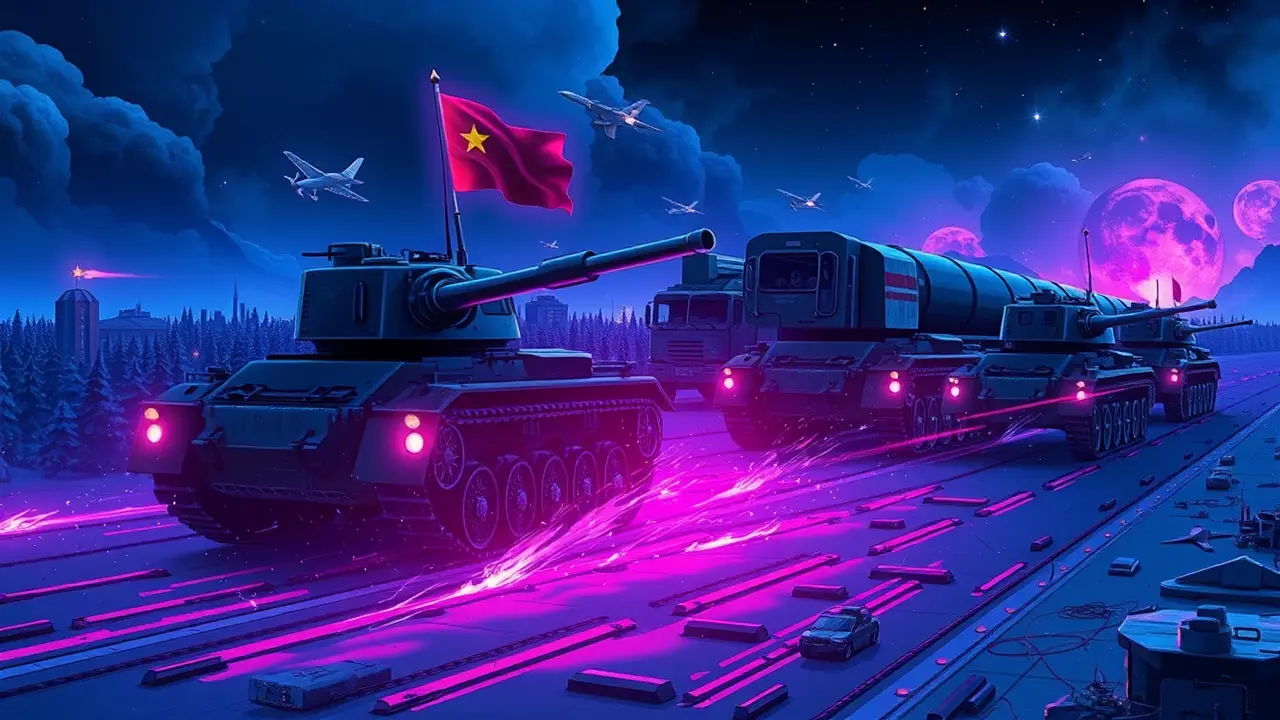Zhirkov: USSR Would Have Won WWII Without Allied Help
The enduring historical debate over the Soviet Union's capacity to secure victory in the Second World War without the material support of the Western Allies was reignited with recent commentary suggesting the USSR would have ultimately triumphed alone, albeit after a protracted conflict lasting several additional years. This perspective, while fiercely held in certain quarters, demands a rigorous analytical framework that weighs the colossal industrial and human mobilization of the Soviet state against the indispensable lifeline provided through programs like the American Lend-Lease Act.From the desperate days of 1941-1942, when Soviet forces were reeling from Operation Barbarossa, Allied convoys braved the treacherous Arctic route to Murmansk, delivering over 400,000 jeeps and trucks, 12,000 armored vehicles—including 7,000 tanks which constituted a significant portion of the Red Army's mechanized strength at critical junctures—and more than 11,000 aircraft. Furthermore, the provision of high-octane aviation fuel, aluminum for aircraft construction, and millions of tons of foodstuffs, from American spam and canned meat to wheat and sugar, directly sustained both the Soviet military machine and its civilian population on the home front, preventing a collapse of the industrial workforce.To frame the argument purely in terms of battlefield tenacity ignores the fundamental logistics of modern industrial warfare; the Studebaker trucks alone, which formed the backbone of the Red Army's legendary logistical system from 1943 onwards, enabled the deep operational maneuvers that characterized the offensives pushing the Wehrmacht back to Berlin. While the Soviet people's sacrifice, amounting to an estimated 27 million lives, remains an unassailable testament to their resilience, the strategic calculus of a prolonged war without external aid presents a chilling counterfactual.A conflict extended by two to three years, as suggested, would have necessitated even greater Soviet bloodletting, potentially allowing Nazi Germany to consolidate its Fortress Europe and further refine its own war production, including advanced jet aircraft and V-weapons. The Allied bombing campaign, which systematically dismantled German synthetic fuel plants and drew away vital Luftwaffe squadrons from the Eastern Front, was another critical factor that a solitary Soviet Union would have lacked.Historical parallels, such as the immense strain on a single-front power, echo the exhaustion of France in 1918 despite its stalwart defense, underscoring that even the most determined nations have breaking points. Thus, while the visceral reaction to downplay the Soviet contribution is rightly met with indignation, a sober analysis acknowledges that the Allied effort, though perhaps not the sole determinant, was a crucial accelerant and force multiplier that shaped the war's duration, its final toll, and the very geopolitical landscape of the post-war world, making the question of a solitary Soviet victory not just a matter of military capability, but a complex interplay of economics, industry, and grand strategy.
It’s quiet here...Start the conversation by leaving the first comment.
© 2025 Outpoll Service LTD. All rights reserved.
